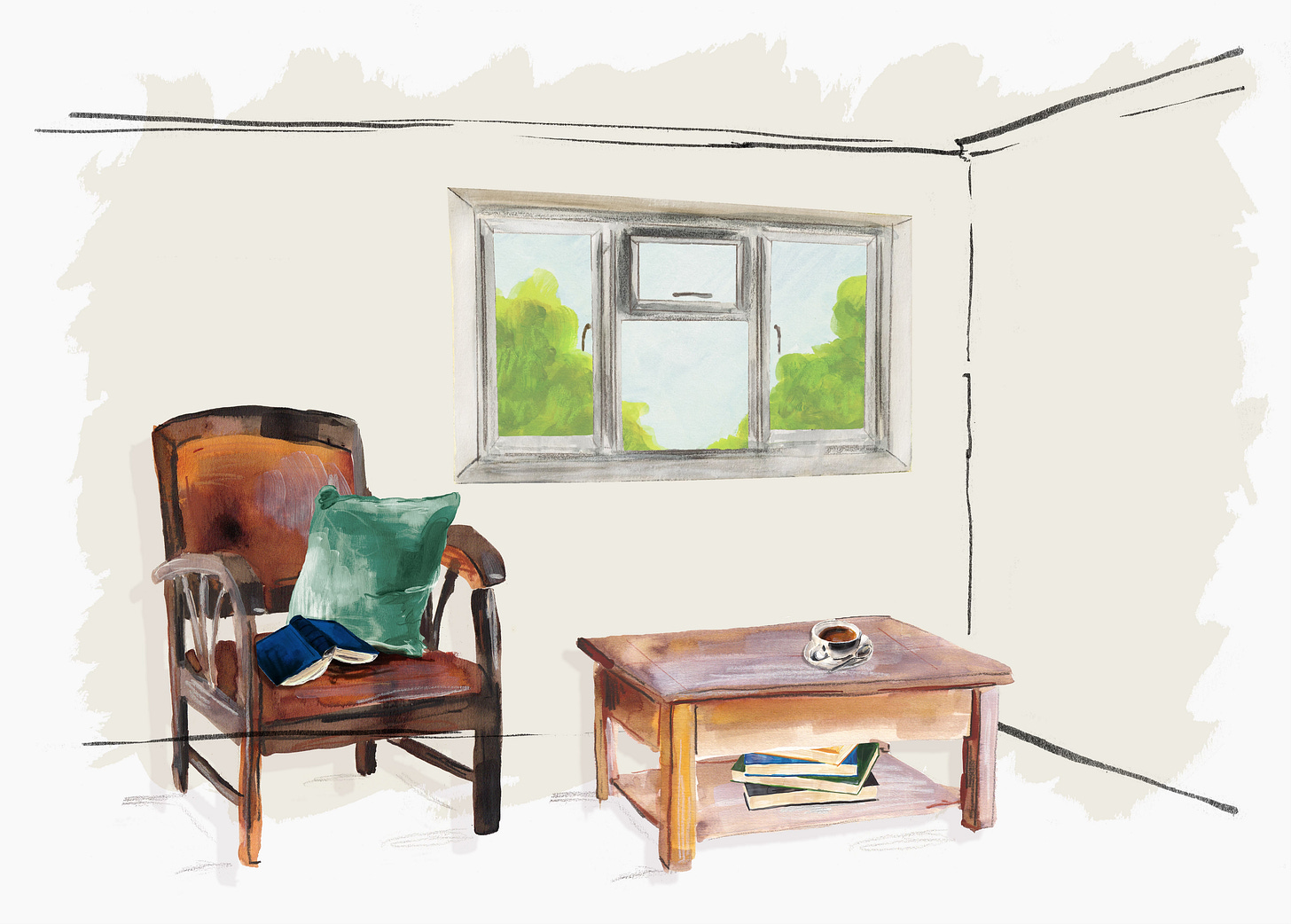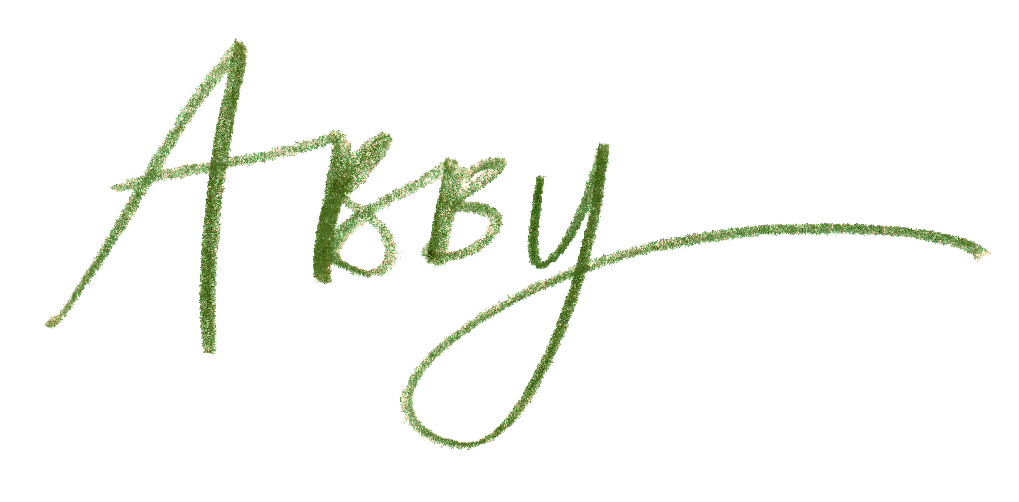Get dressed, go outside, and don’t eat at your desk!
5 habits that will help your productivity if you are self employed and work from home
Working from home certainly isn’t for everyone, and for a lot of people it was something that was forced upon them during the Pandemic. However, statistics say more people have chosen to work from home since 2020, whether that is a full-time or part-time basis. I have worked from home since 2017 because my studio is in my home. I have the space, it massively saves on costs and for me, it suits me really well. But for all of the home comforts it can bring, there are habits that can inhibit productivity and your mental health if you’re not careful.
Everyone is different. People need different stimulations and have different levels of emotional wellbeing needs, so here are 5 habits that I think really help me work from home successfully.
Get dressed - sounds obvious, but keeping to a proper routine, including getting dressed in clothes that are not PJs really helps! Even if it’s leggings and a jumper, or jeans and a t-shirt. For me, getting dressed properly sets me up for the day and it puts me in the mental state of ‘going to work’. That doesn’t necessarily mean you can’t be comfy too! But staying in a dressing gown, for me, doesn’t increase my mental stimulation and it definitely doesn’t put me in the right mental state to go and work.
Schedule a proper lunch break, and don’t eat at your desk. Easier said than done, I am guilty of eating at my desk when I am busy. But taking the time to make a nice lunch and then sitting somewhere else to eat it, will be the break you need during the day! The emails really can wait! You can choose to take a full hour, or if you only want to take 30 minutes one day, and an hour and a half the next day, that is entirely your choice. Because guess what… you can choose! You do not have to conform to an ‘office’ style lunch break, or be told by a manager when your lunch break is that day.
Start at the time that suits you. If you’re a morning lark and you feel like you want to work from 7am - go for it! If you’re like me and you are more of a night owl, and a 10am start is more your vibe, that’s fine too. I spent a long time making myself start at 8:30am and it did nothing to increase my productivity! It only decreased my sleep and mental health if I am really honest. Unfortunately, the working world here in the U.K at least still favours early risers, and champions those who start work before anyone else gets into the office. Personally, I think this is so outdated, and automatically categorises people who, for a whole host of reasons, can’t or are unable to start at such a time. I can safely say that I start work at 10am, or sometimes a little later, and nothing bad happens! Literally nothing. Save yourself the grief, hassle and stress of working to times that don’t work for you, it literally is not worth it.
Reply to your emails first. Regardless of how big or small my to-do list is for that day, I always do the admin/emails first. I spoke more about this in a piece I wrote a few months ago, you can read it here. Let’s be honest, it is the most boring task! But if it is done first, the rest of your day can be filled with the fun things, and you can move away from your screen for a few hours, which is always welcomed.
Go outside. Even if it’s just to the post box at the end of your road, getting some fresh air, vitamin D, and a change of scene is never wasted time. Walk the dog, walk to your local post office, or just taking a stroll around the block all helps. Of course, if it’s the depths of winter and it’s raining so heavily outside you feel like your home has become an Ark, then maybe not. But when you can get outside, do.
Do share your top tips or habits if you work from home. I am always interested to hear new ones, and what you do to keep yourself motivated.
Until next time,








This is interesting. I think (having worked freelance in some capacity for 25 years now) that the most important thing is to listen to your mind and body and learn their rhythms. I have realised that the winter months and the summer months are both necessarily slower and less productive for me than spring and autumn, for example. In winter, the short days and the dark make me want to huddle at home and I find it harder to do any work (or other activities, actually) in those months that requires me to interact a lot with other people. In spring and autumn I get huge waves of energy and fit in more walking, more socialising and work that includes interaction, and usually can happily fit in many more hours.
Another thing I find useful is combining habits. So, if I want to send out emails to art directors, if I tell myself to do so just before I stop for lunch, or when I come back to my desk from lunch before getting on with the afternoon's main tasks, I'll be more likely to do it. Or, if there are tasks I can do from my iPad/phone, squeezing in one or two after doing my morning Duolingo lessons - such as uploading recent work to my portfolio or a stock site; responding to some Substack or social media comments, etc.
And the thing I do almost always is use a (Dodo Blank Pad) notebook and plan. I tend to plan on Sunday evening or Monday morning for what's coming up in the week and what I'd like to get done and what I have to get done. Depending on what variety of jobs I have on, and there are usually multiple, I'll create boxes for different projects and then other areas, like art business admin, portfolio building, outreach, family, household tasks. And I'll put estimated hours/minutes next to each thing, as well as any deadlines (usually in different colours). And then I'll plan at the start of every day. Usually, I'll aim for a handful of quick tasks that can be easily ticked off (booking an appointment, sending out an invoice, replying to an email) and then 2-4 blocks of focused time. This, again, depends on what I'm working on - some projects lend themselves to a few quick sprints (this could be typesetting a certain number of PowerPoint slides, drawing 5 quick spot illustration, checking and updating a tracker) and others need a steady few hours to get deep into something (this could be editing tasks, sketches or project-setup deep thinking). And I almost always include a couple of tasks that it would be good to do but don't have to be done that day. If there are things left at the end of the day, they usually get an arrow added to them before I leave the desk pointing to the next day. Then they're likely to go to the start of the list the day after - not always, though.
I have tried a variety of ways to organised myself, including multiple different apps and I always, always, come back to this paper-based one (I do also have multiple spreadsheets to track individual projects and overall schedules when we have a bunch of work going on) and I have a drawer full of old full notepads that I should really recycle but I actually kind of love looking back at them. They are usually full of doodles, but also a wide variety of notes about all sorts of things. Not quite as interesting as reading back over a diary, but still interesting.
These are great tips Abby! I find a fake commute really helps. I go for a walk every morning so that I’ve left home and arrived at work even though they’re the same location!